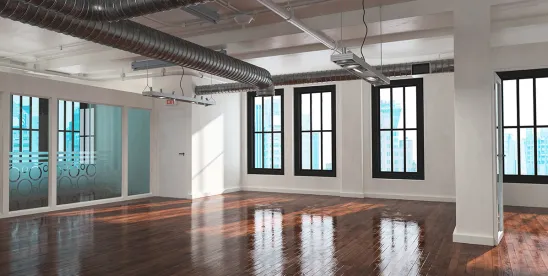Secured lenders whose commercial loans are in default often face a serious question: should they allow a commercial property’s expenses to be paid, potentially increasing their losses? Or should they minimize their immediate pain by collecting all gross rents? To answer, lenders must consider both practical and legal factors. On the legal side, Michigan’s Uniform Assignment of Rents Act (MUARA) allows a lender to require that all rents be paid to it, even if that means shorting operating expenses. This differs from the approach in some other states, like Illinois.
As a practical matter, lenders have some reason to allow a property’s operating expenses to be paid. A commercial property’s value depends on the physical condition of its improvements and on its tenants. Both are preserved by spending money (operating expenses). Lenders are often reluctant to care for properties directly before taking possession or having a receiver appointed, however, over fears that courts could decide they are “mortgagees in possession.” But borrowers who have defaulted on their commercial loans are not always trustworthy. The most common solution is to seek a court-appointed receiver to take possession and manage the collateral.
Flexibility can nonetheless be helpful; and in Michigan, lenders now have it. Specifically, after an assignee (lender) has taken the statutory steps to collect rents under the MUARA, the statute requires an assignor (borrower) to deliver all rent proceeds to the lender, “less any amount representing payment of expenses authorized by the assignee.”[1] While a lender can authorize a borrower to pay for specific operating expenses, then, it is not required to do so.
This stands in sharp contrast to states like Illinois. In Illinois, courts have held that a lender cannot collect rents directly from tenants before taking possession—which may be constructive possession, i.e., through the appointment of a receiver.[2] This is based on a public policy determination that a lender should not receive the benefits of ownership (collecting rents) unless it is also undertaking the burdens (paying operating expenses).
FOOTNOTES
[1] Public Act 115 of 2022, § 14(2) (emphasis added).
[2] Comerica Bank-Illinois v. Harris Bank Hinsdale, 284 Ill.App.3d 1030, 1033-1034, 674 N.E.2d 380 (Ill.App. 1st Dist. 1996).





 />i
/>i

